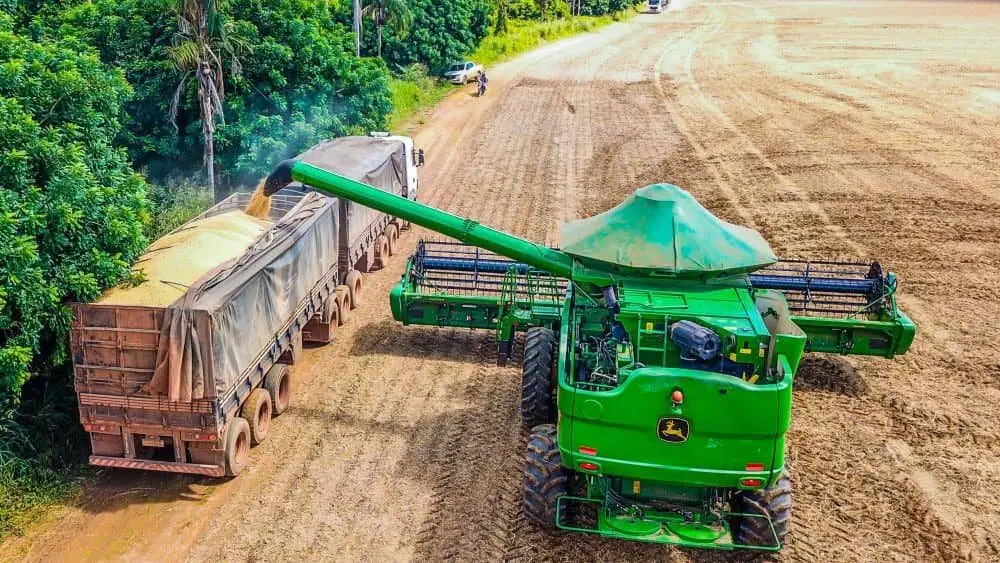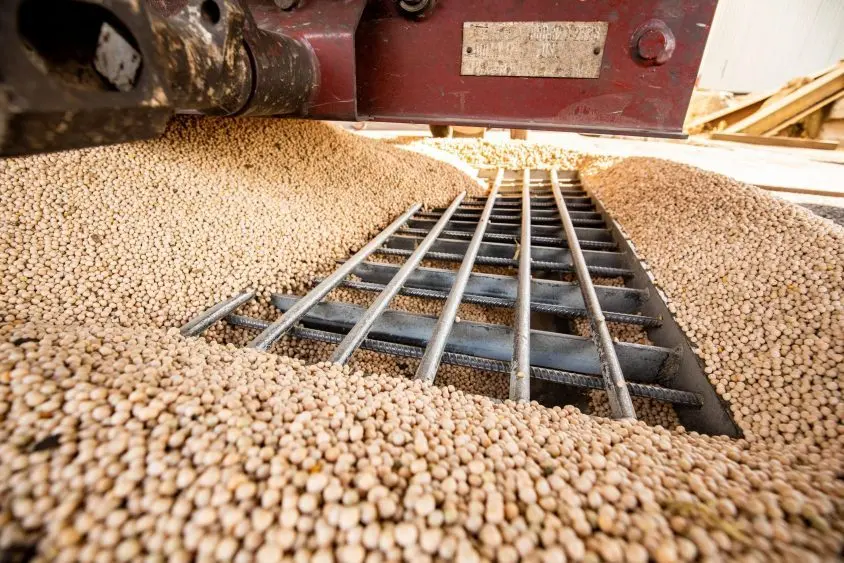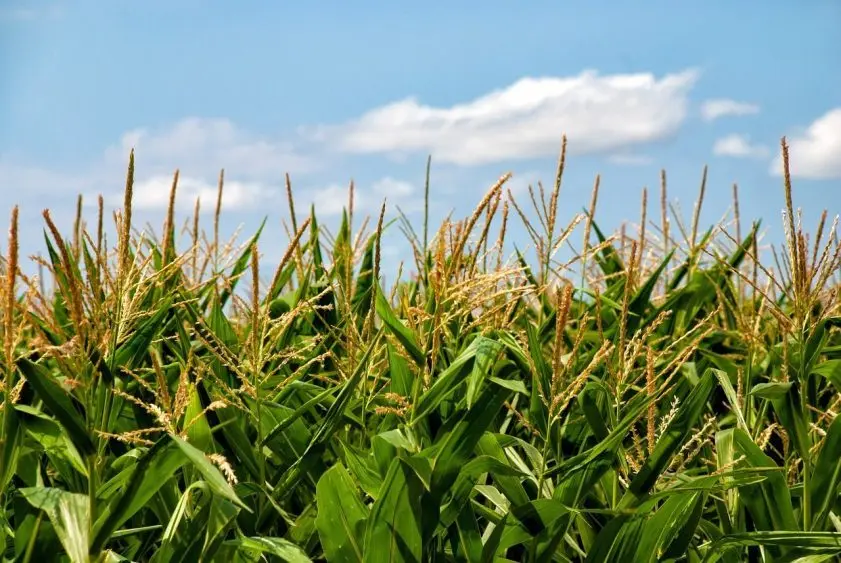
AMES, Iowa – Early planting combined with warm spring and fall conditions has led to an earlier-than-usual corn harvest in Iowa. Crops are also drier than normal, creating a greater risk of field fires during harvest.
The primary factor related to field fires is higher air temperature. It dries out crops more quickly and creates conditions favorable for field fires to ignite and spread. Wind speed affects the risk of a field fire spread by aiding combustion as well as by carrying heat and burning embers to new fields:
- Below 15 miles per hour: low risk of spreading
- Between 15 and 20 miles per hour: medium risk
- Over 25 miles per hour: high risk
“Fires often originate when corn leaves or residue come in contact with a hot surface,” said Kris Kohl, field agricultural engineer with Iowa State University Extension and Outreach. “Common ignition sources include exhaust systems, overheated bearings and high temperature sources in the engine compartment.”
To reduce fire risk, Kohl recommends farmers:
- Use a leaf blower or compressed air to regularly remove fine chaff from equipment surfaces.
- Keep a fully charged fire extinguisher in the combine cab to contain small fires and consider mounting a larger fire extinguisher at ground level outside the cab for larger blazes.
- Be cautious of truck exhausts, which can ignite dry cornstalks.
“Any ignition source in combination with dry plant residue presents a potential hazard,” Kohl said.
Once a field fire starts, it can be difficult and dangerous to contain. Personal safety should always take priority over property. “Know your 911 field (street) address, and always call 911 first to minimize damage,” Kohl said. “If it is safe to do so, attack the fire with extinguishers or make a tillage pass on the edge of the field to prevent a fire from spreading.”
Kohl also advises farmers to consider avoiding combining on high-wind days and to remain vigilant about keeping equipment clean throughout the harvest season.
For more information, contact Kris Kohl at kkohl1@iastate.edu.
–ISU Extension



